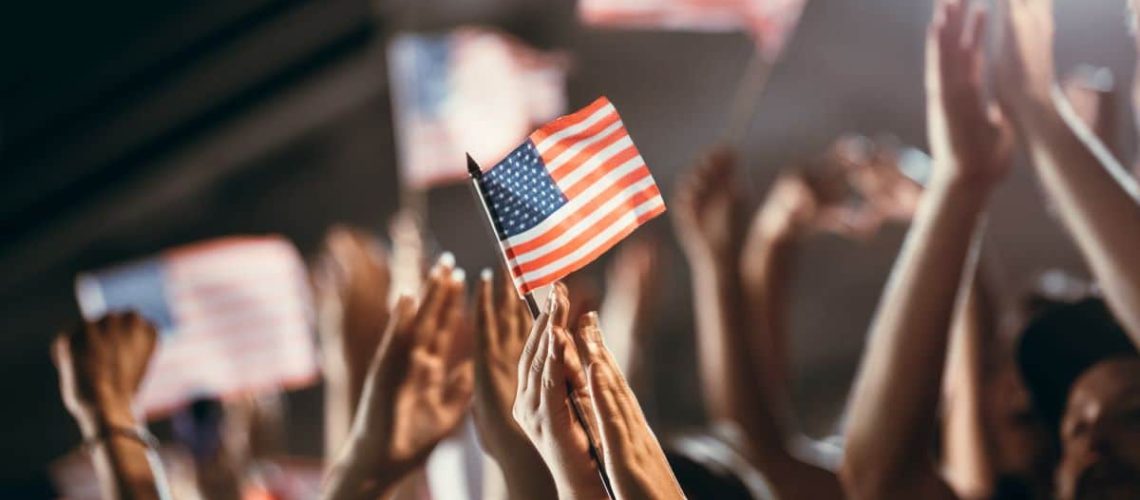While the 4th of July celebrates the birth of American independence, it’s important to acknowledge the ways in which Black Americans have been systematically excluded from the promises of freedom and equality. Here are 19 significant ways this exclusion has occurred.
1. Slavery
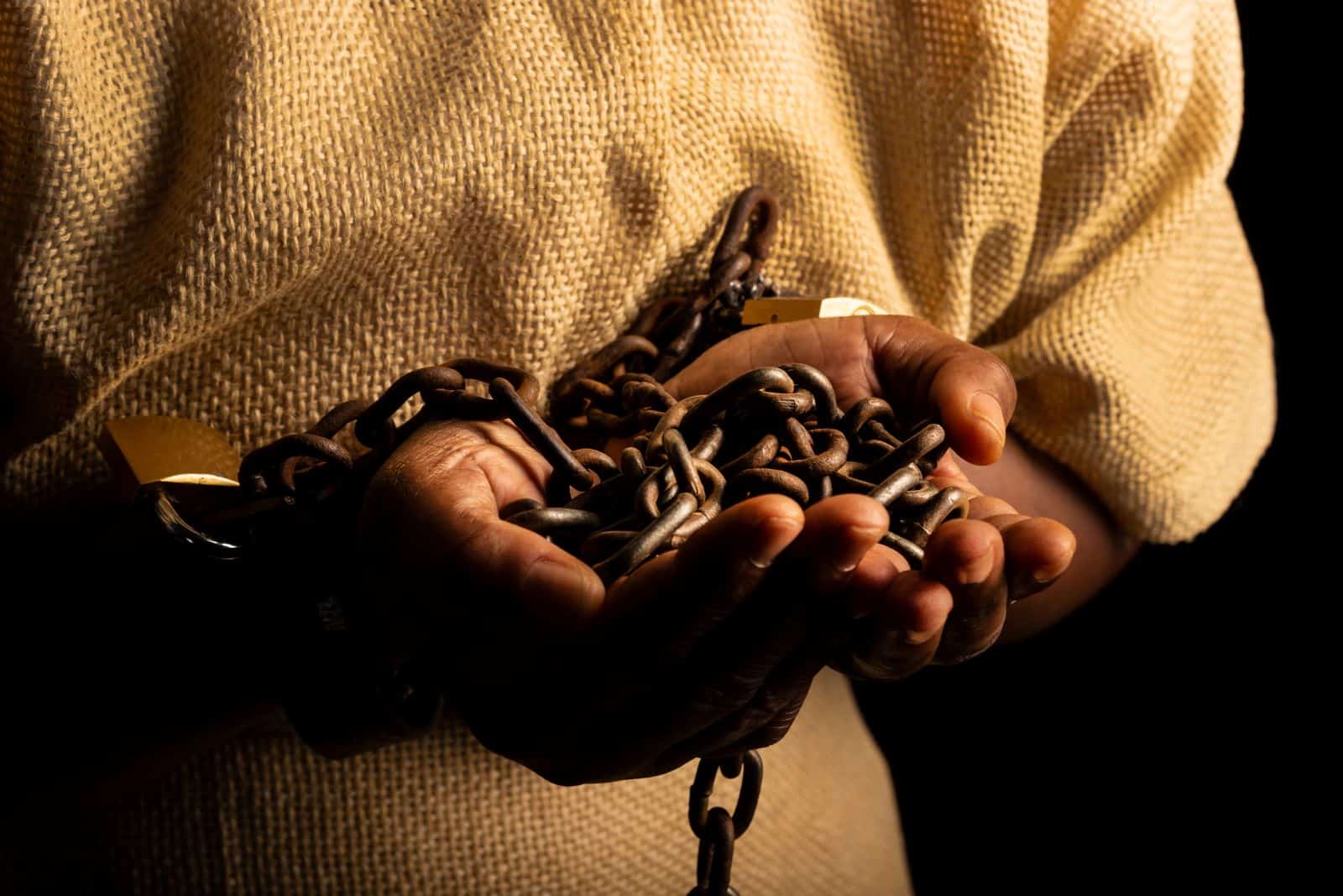
Despite the Declaration of Independence’s assertion that “all men are created equal,” slavery was a legal institution in the United States until 1865. Black Americans were enslaved and denied basic human rights for nearly 250 years.
2. Three-Fifths Compromise

The Constitution originally counted enslaved Black people as three-fifths of a person for purposes of taxation and representation. This dehumanizing policy denied Black Americans full personhood and political representation.
3. Lack of Citizenship

Even after the abolition of slavery, Black Americans were not granted full citizenship. The Dred Scott decision of 1857 ruled that Black people could not be American citizens, reinforcing systemic exclusion.
4. Jim Crow Laws

Following Reconstruction, Jim Crow laws enforced racial segregation and disenfranchised Black Americans. These laws institutionalized a system of inequality that persisted for nearly a century.
5. Exclusion from Voting Rights
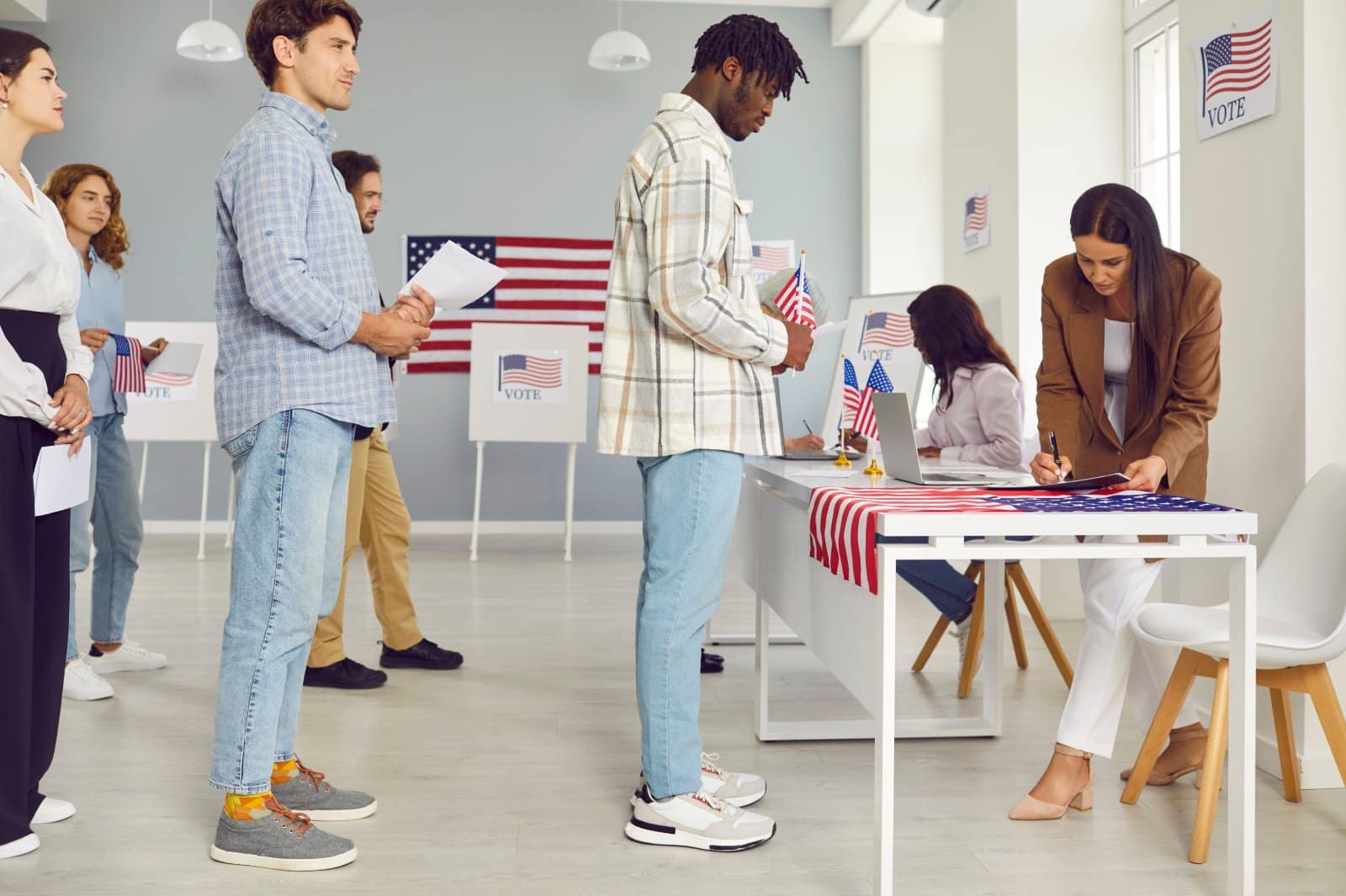
Black Americans were systematically denied the right to vote through literacy tests, poll taxes, and other discriminatory practices. The Voting Rights Act of 1965 aimed to address this, but voter suppression continues to this day.
6. Economic Disenfranchisement

Black Americans have faced economic exclusion through discriminatory practices such as redlining, which prevented them from buying homes in certain neighborhoods and accessing loans. This has contributed to a significant racial wealth gap.
7. Educational Inequality
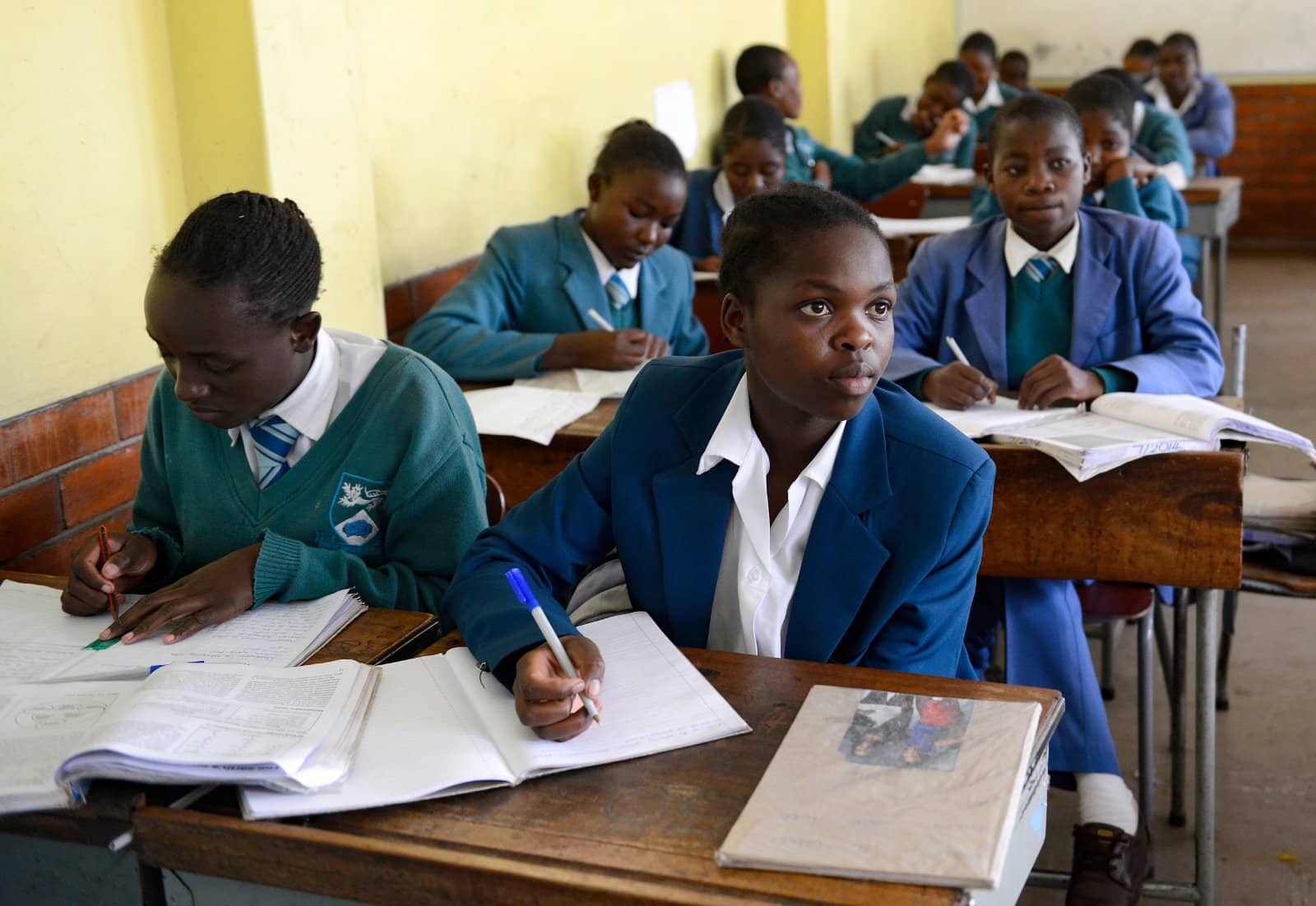
Black Americans have historically been denied equal access to education. Segregated schools, underfunding, and discriminatory policies have contributed to ongoing disparities in educational opportunities and outcomes.
8. Criminal Justice Disparities
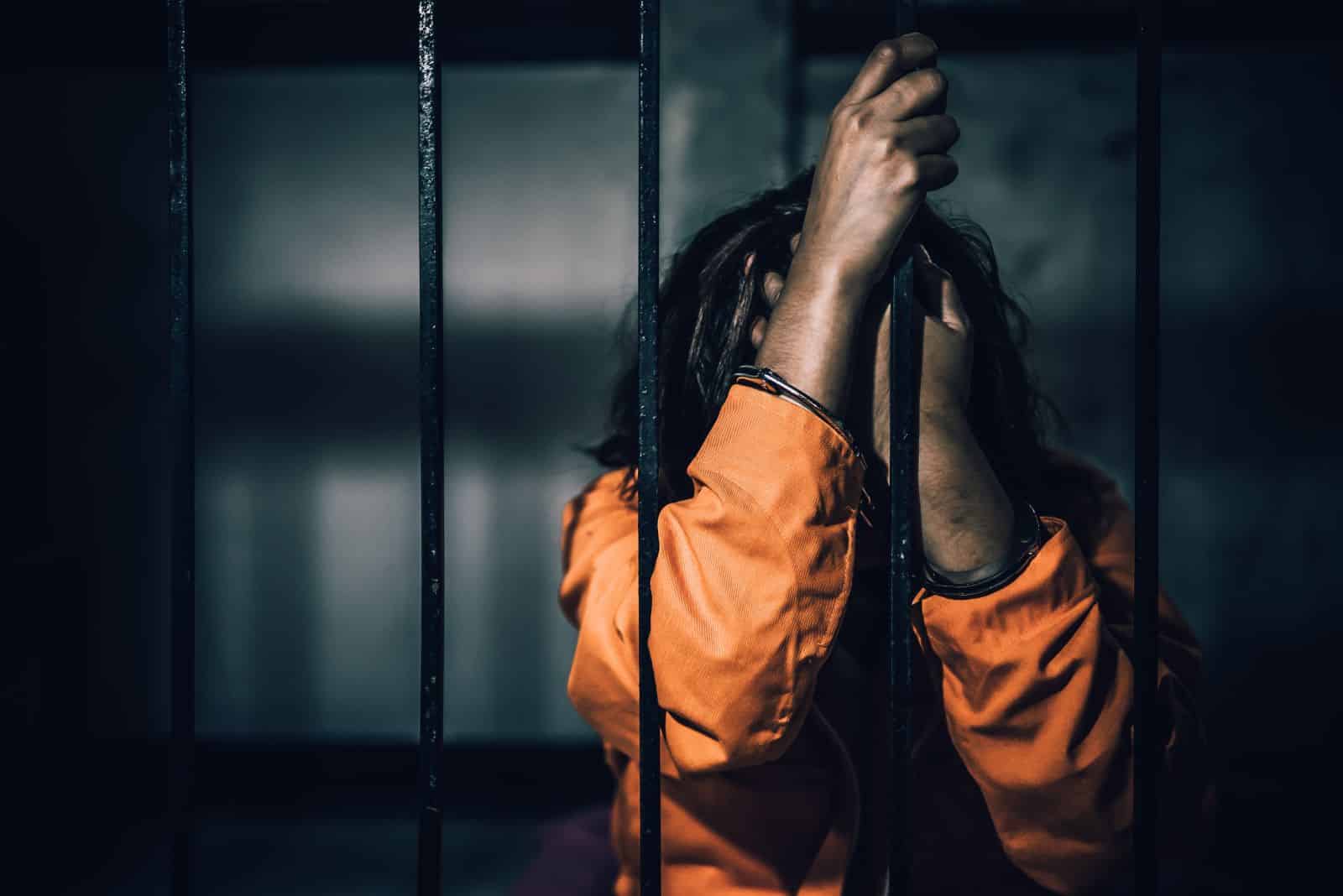
The criminal justice system has disproportionately targeted Black Americans through practices such as racial profiling, harsher sentencing, and mass incarceration. This systemic bias undermines Black Americans’ freedom and equality.
9. Exclusion from Military Honors
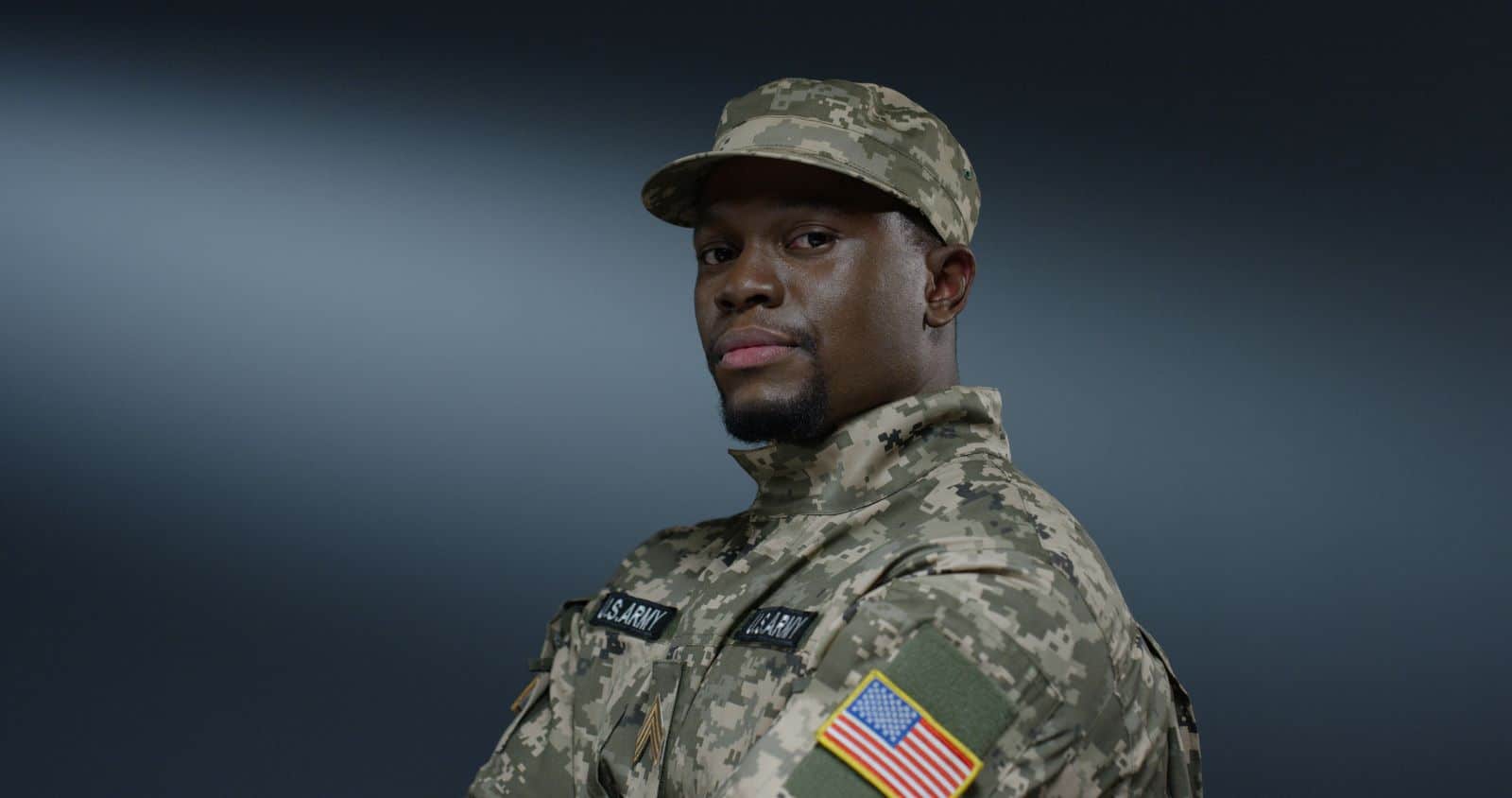
During and after the Revolutionary War, Black soldiers were often denied recognition and benefits given to their white counterparts. Despite their contributions, they faced discrimination and exclusion from military honors and pensions.
10. Discriminatory Labor Practices
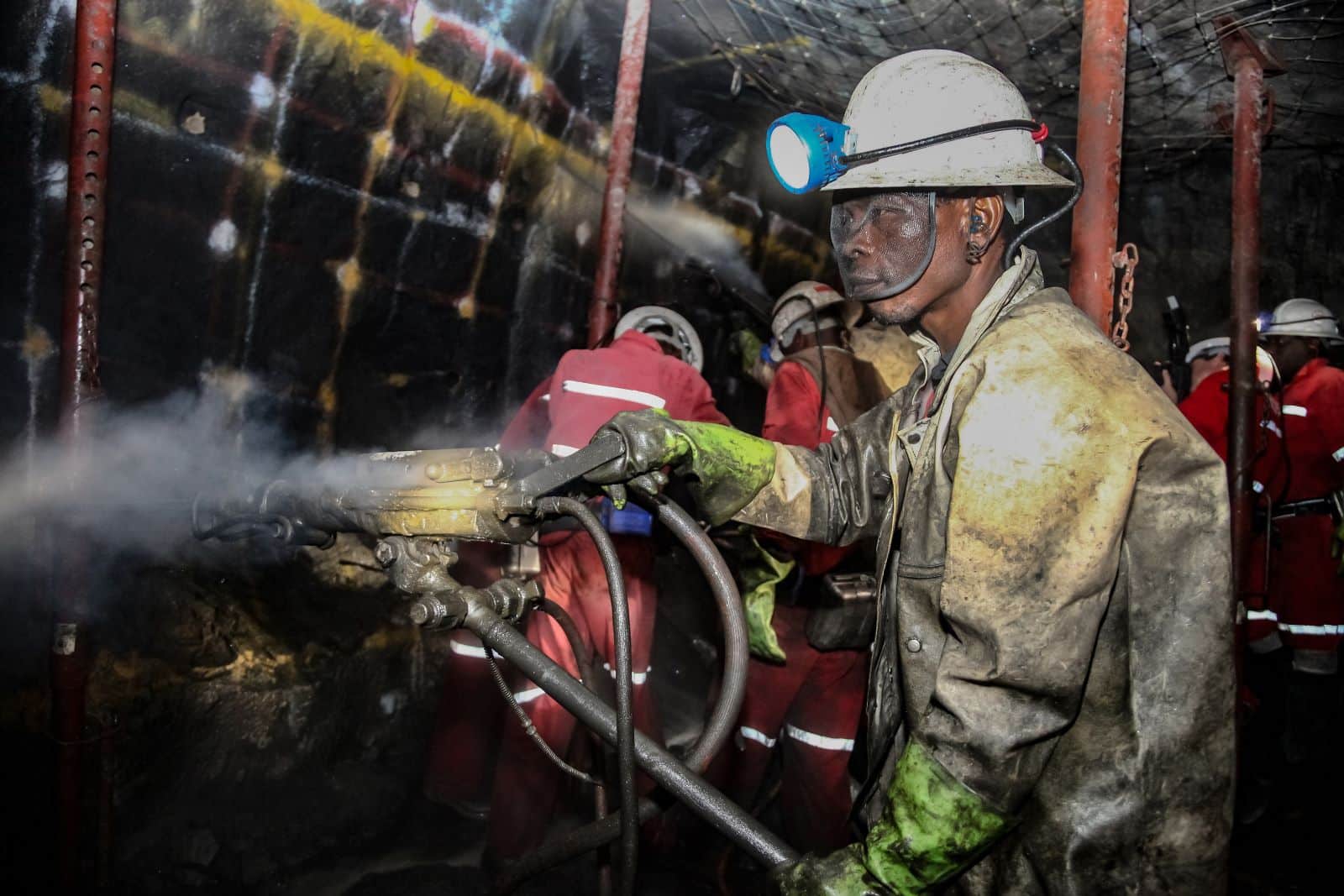
Black Americans have been excluded from fair labor practices, facing discrimination in hiring, wages, and working conditions. Labor unions and industries often barred Black workers, limiting economic advancement.
11. Lack of Political Representation
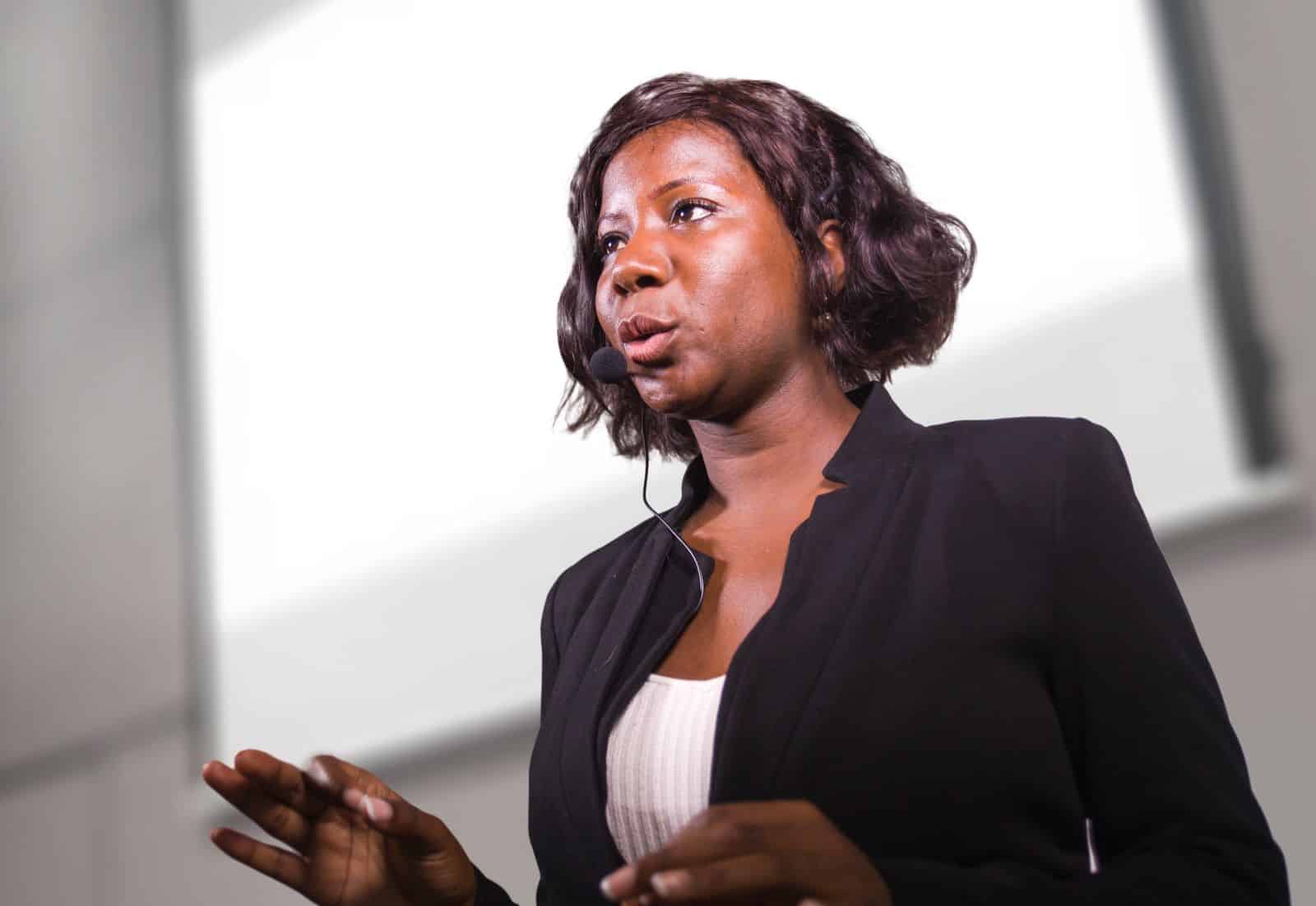
Black Americans have been systematically excluded from political power. Gerrymandering, voter suppression, and discriminatory practices have hindered their ability to elect representatives who advocate for their interests.
12. Housing Discrimination
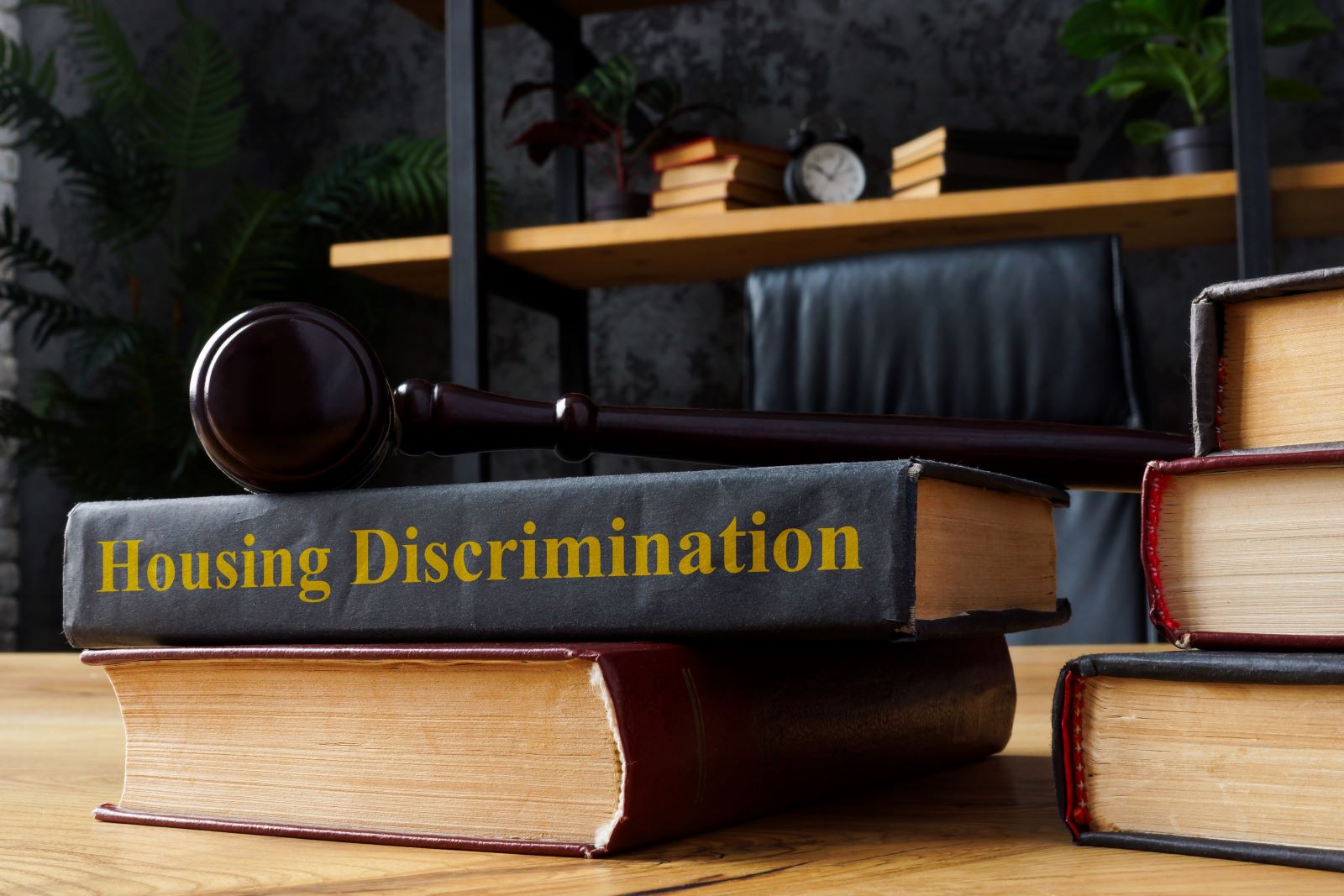
Discriminatory housing policies, such as restrictive covenants and redlining, have prevented Black Americans from buying homes and building wealth. These practices have had lasting impacts on economic stability and community development.
13. Cultural Exclusion

Black Americans have been marginalized in American culture and history. Their contributions have often been overlooked or minimized, leading to a lack of representation and recognition in national narratives.
14. Health Disparities

Black Americans have faced exclusion from quality healthcare due to systemic racism and economic barriers. This has resulted in significant health disparities, including higher rates of chronic illnesses and lower life expectancy.
15. Environmental Racism
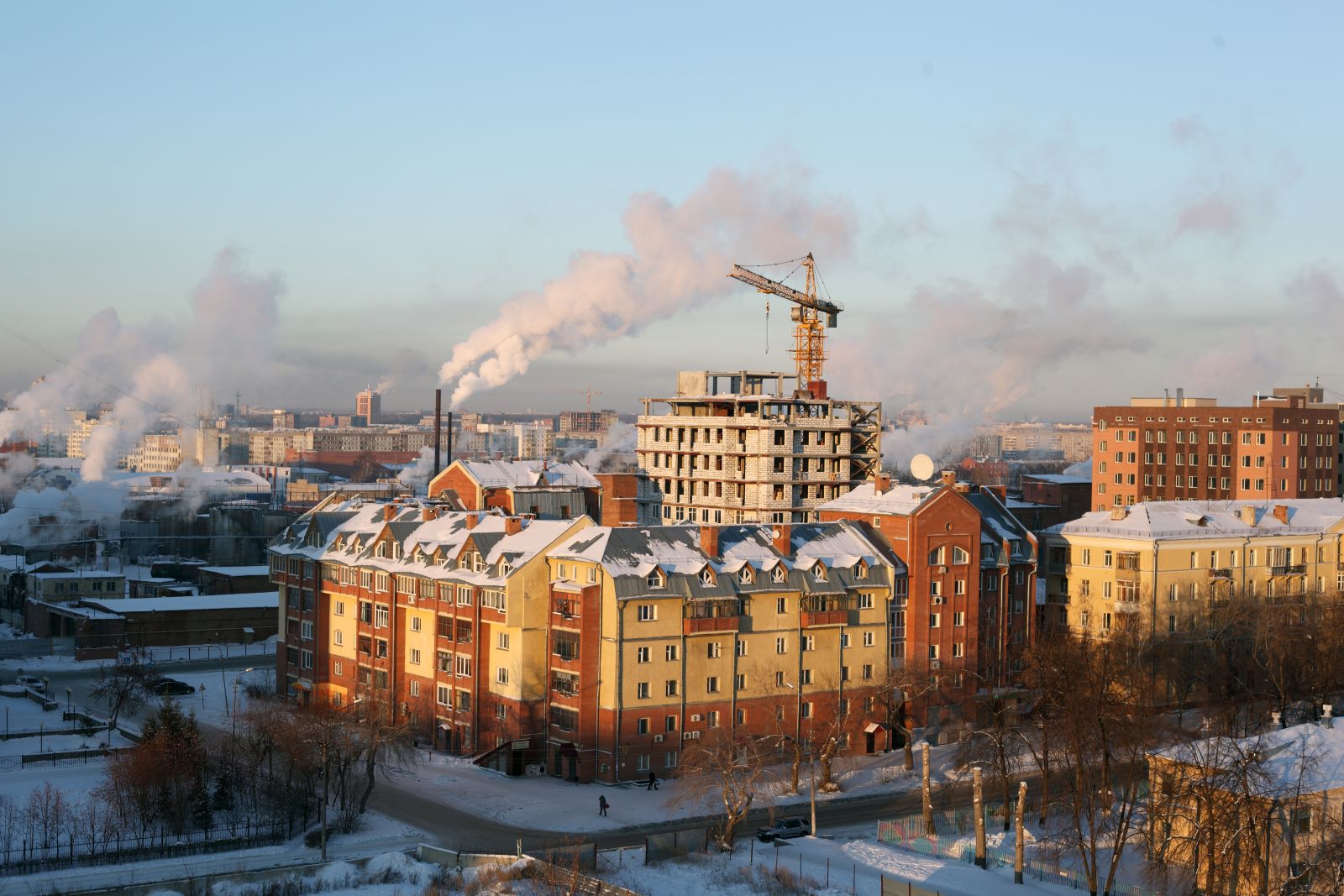
Black communities have often been located near hazardous waste sites, industrial facilities, and other sources of pollution. This environmental racism has led to health problems and diminished quality of life.
16. Exclusion from Social Services

Black Americans have faced barriers in accessing social services such as welfare, housing assistance, and unemployment benefits. Discriminatory policies and practices have limited their ability to receive necessary support.
17. Media Representation

Black Americans have been excluded from fair representation in media. Stereotypes and underrepresentation in television, film, and news media have perpetuated negative perceptions and limited their visibility.
18. Inequities in the Legal System
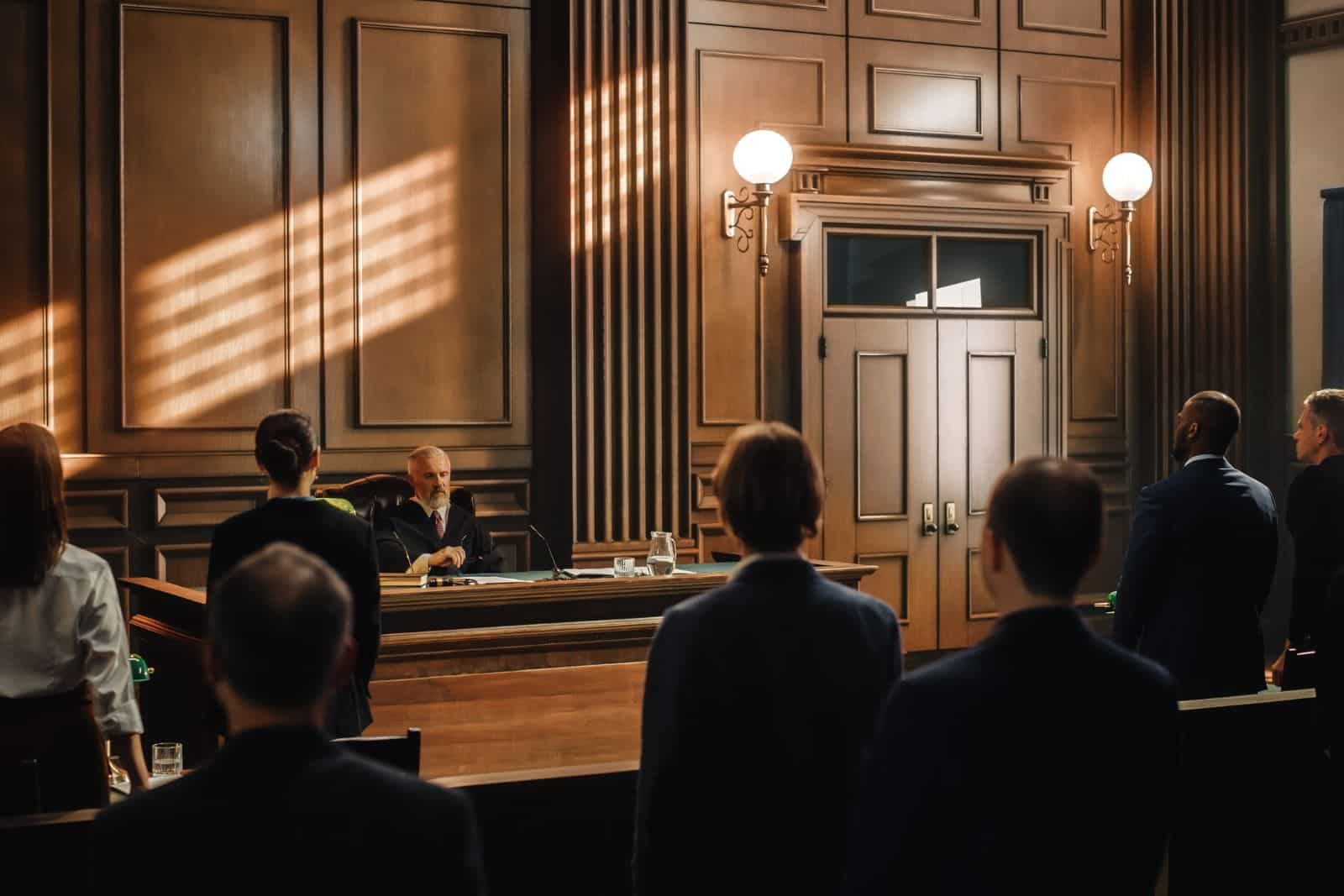
Black Americans have faced discrimination within the legal system, including biased policing, unfair trials, and lack of legal representation. These inequities undermine justice and perpetuate systemic exclusion.
19. Ongoing Racism and Discrimination

Despite progress, Black Americans continue to face racism and discrimination in various aspects of life, from employment and housing to education and healthcare. These ongoing challenges highlight the need for continued efforts toward true equality and inclusion.
Acknowledging the Past to Build a Better Future

Recognizing the ways Black Americans have been excluded from American independence is crucial to understanding our nation’s history and working toward a more inclusive future. How can we ensure that the promise of freedom and equality is truly extended to all Americans?
21 Beliefs About the Bible That Are Actually False

The Bible is one of the most discussed and debated books in history, yet many common beliefs about it are more myth than fact. How many of these misconceptions have you heard before? 21 Beliefs About the Bible That Are Actually False
21 Subtle Racisms That Are Commonplace in America

Racism in America isn’t always overt; it often hides in plain sight through subtle actions and attitudes. How many of these subtle racisms have you noticed around you? 21 Subtle Racisms That Are Commonplace in America
Only Legal in America: 21 Things You CAN’T Do in the Rest of the World
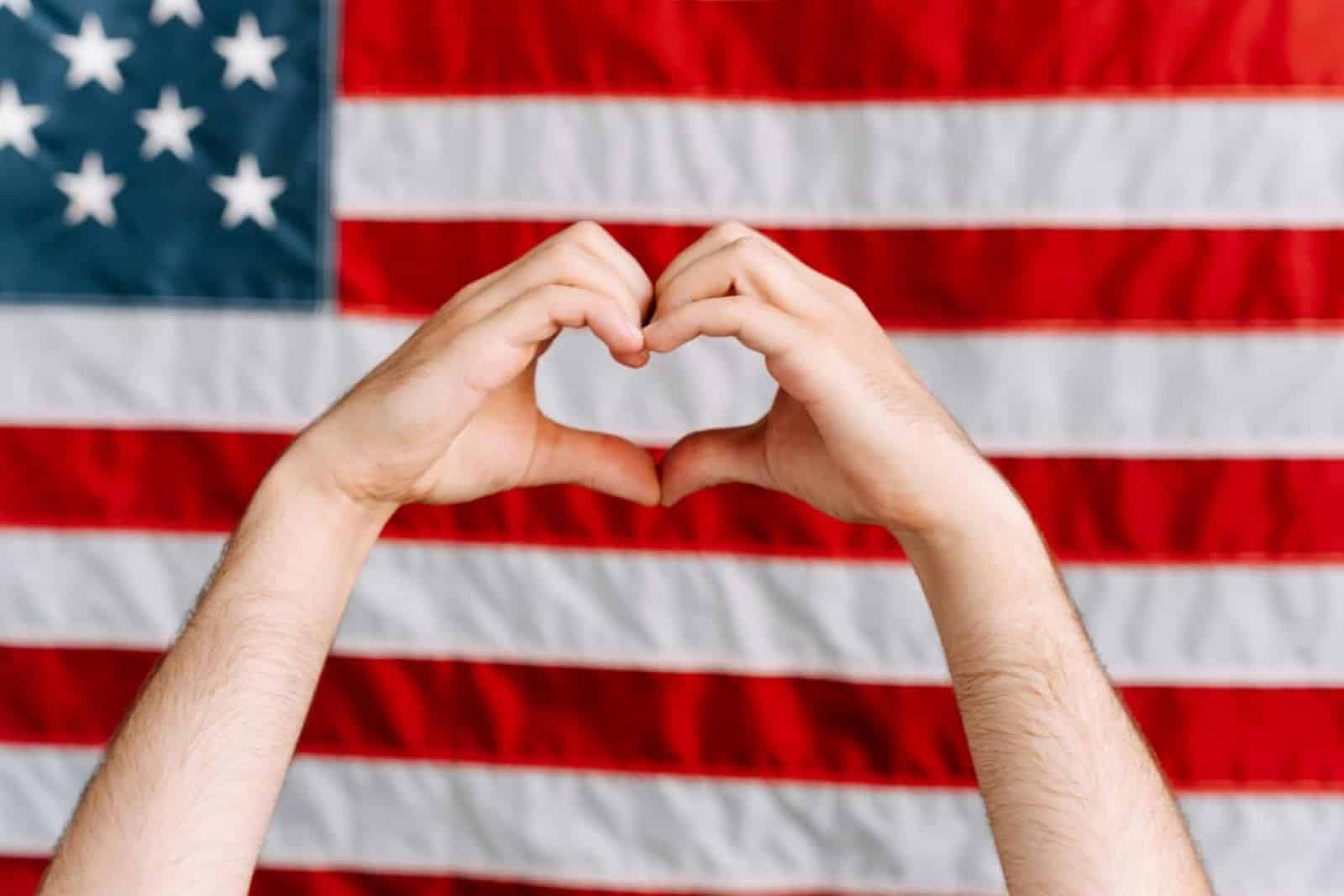
The U.S. dances to its own beat, especially when it comes to laws that make the rest of the world do a double-take. Here’s a lineup of things that scream “Only in America,” sticking strictly to what’s written in the law books. Ready for a tour through the American legal landscape that’ll leave you wondering if freedom might just be a bit too free? Only Legal in America: 21 Things You CAN’T Do in the Rest of the World
The post All Men Created Equal? 19 Ways Black Americans Are EXCLUDED From American Independence first appeared on Pulse of Pride.
Featured Image Credit: Shutterstock / Jacob Lund.

